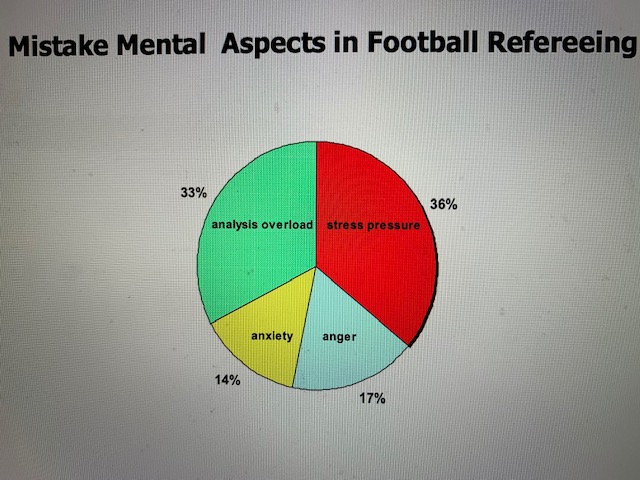Losing is a part of the game in which athletes are involved. Everyone knows it, few people accept it. They close out in shame of not having been able to win a race, to avoid coldly assessing what they will have to do in the next race.
Losing is seen as a wound at ourself: “It means that despite training, I cannot do what I know to do. In this way, the athletes don’t develop self-confidence and this explanation of defeat continues to weigh in the next race. The mind is not free, it is not focused on the present but it is taken to see what will happen this time: “Will I be able to do what I know to do or will I fall back into the same mistakes?”
A vicious circle is established limiting the athletes and the performances, because this negative attitude does not allow them to stay focused on the task, waiting for the catastrophe that at some point will come.
Then the justifications: I was tired, I did not sleep well, I felt the burden of responsibility, everyone expects I perform at my best, “Yes, I could … But it’s difficult… in those moments I don’t react”.
There is a well-established mindset to find alibi for the negative performance and there is no humility in saying: “Ok, I’ve got this and that wrong. Well, next time I want to commit myself to finding solutions to these difficulties.”
Competitions are not a health walk. For athletes the races are extreme tests and those who are most able to deal with the difficulties that the extreme situation offers usually win.
We as sports psychologists can play an important role in determining this awareness and teaching positive ways of living these extreme situations. It is not a problem to make mistakes. It is a physiological fact, because the one who makes the least mistakes wins. Making mistakes is part of the race, even those who win make mistakes. They probably make fewer mistakes and are less influenced by their mistakes.
We chill do mistakes: only those who are presumptuous can think differently. We make one mistake and the next minute we think: “I’ll correct myself in this way.”
How many times do you have to do this? I don’t know, it depends on the duration of the race but one thing is certain:
“It doesn’t matter how many times you fall, but how quickly you get up.







